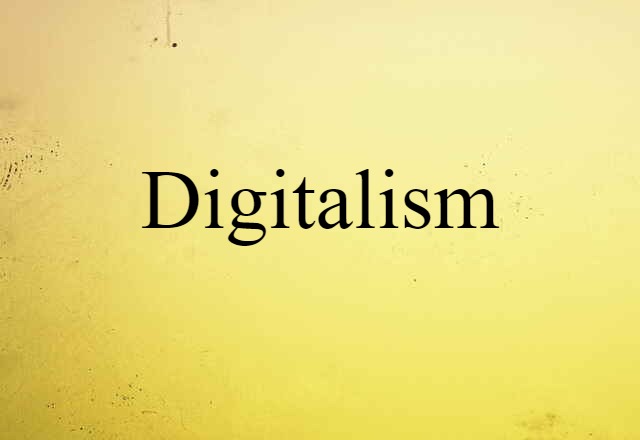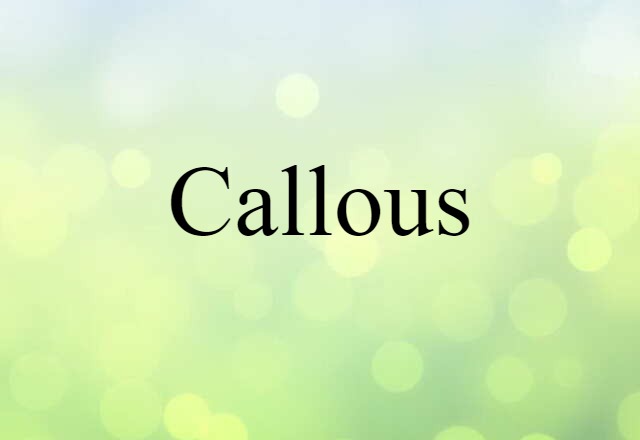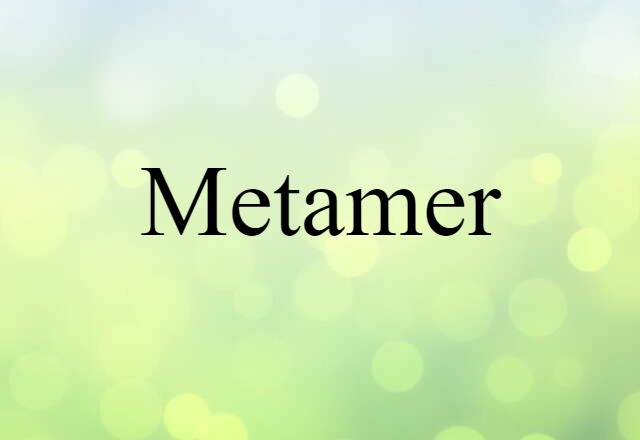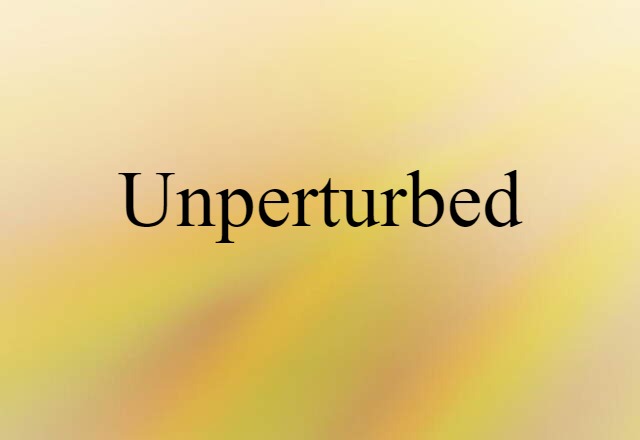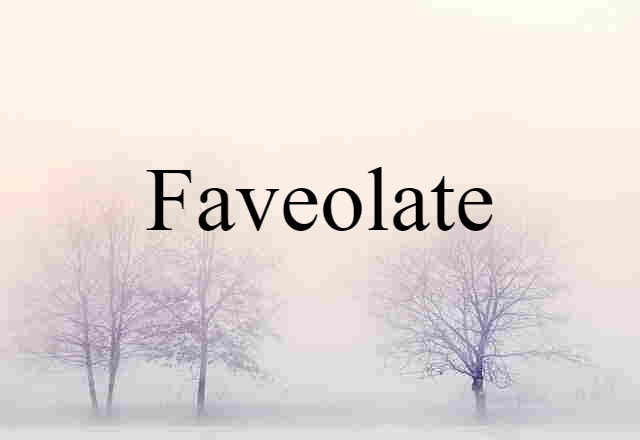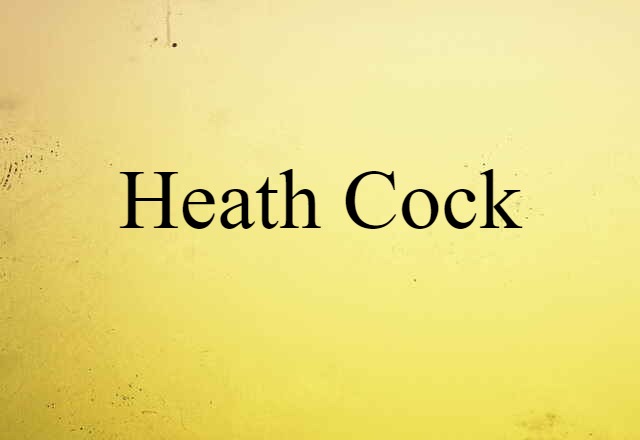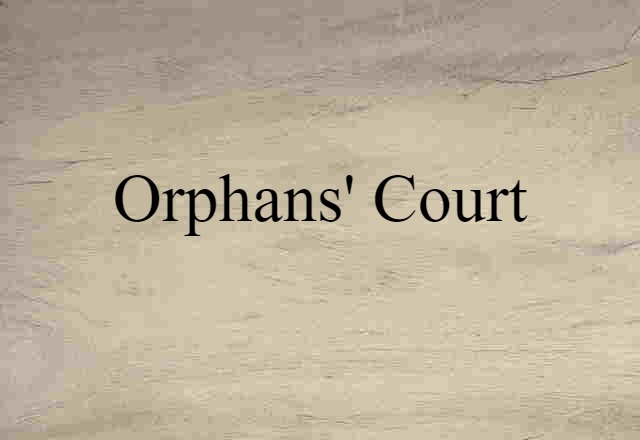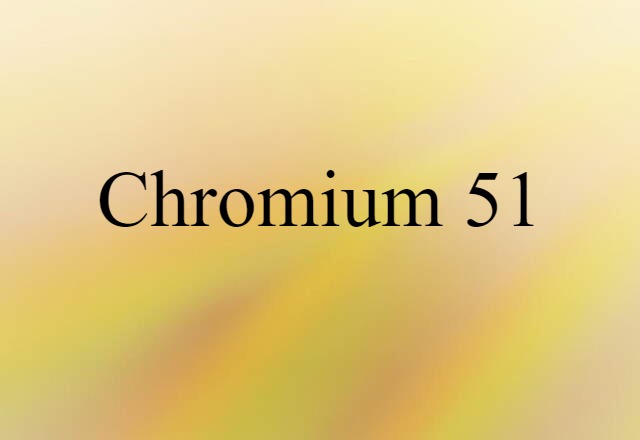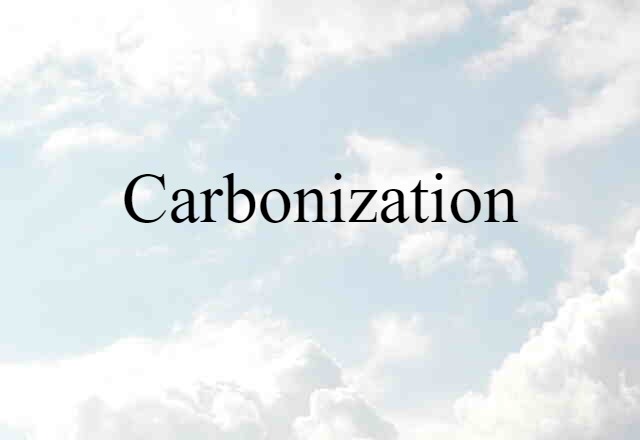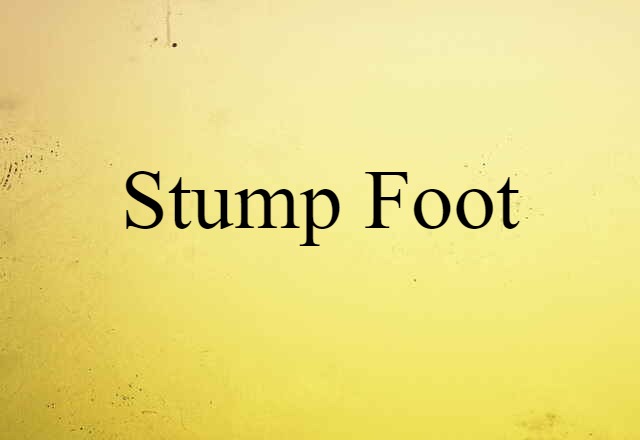- a natural elevation of the earth's surface, smaller than a mountain.
- an incline, especially in a road: This old jalopy won't make it up the next hill.
- an artificial heap, pile, or mound: a hill made by ants.
- a small mound of earth raised about a cultivated plant or a cluster of such plants.
- the plant or plants so surrounded: a hill of potatoes.
- mound1 (def. 4).
- Capitol Hill.
- to surround with hills: to hill potatoes.
- to form into a hill or heap.
- go over the hill, Slang.
- to break out of prison.
- to absent oneself without leave from one's military unit.
- to leave suddenly or mysteriously: Rumor has it that her husband has gone over the hill.
- over the hill,
- relatively advanced in age.
- past one's prime.
- Confederate general in the U.S. Civil War.
- English physiologist: Nobel Prize in Medicine 1922.
- U.S. railroad builder and financier, born in Canada.
- U.S. labor organizer and songwriter, born in Sweden.
- a conspicuous and often rounded natural elevation of the earth's surface, less high or craggy than a mountain
- (in combination)
- a heap or mound made by a person or animal
- (in combination)
- an incline; slope
- over the hill
- beyond one's prime
- absent without leave or deserting
- strenuously and persistently
- to form into a hill or mound
- to cover or surround with a mound or heap of earth
- Archibald Vivian. 1886–1977, British biochemist, noted for his research into heat loss in muscle contraction: shared the Nobel prize for physiology or medicine (1922)
- Damon Graham Devereux, son of Graham Hill. born 1960, British motor-racing driver; Formula One world champion (1996)
- David Octavius 1802–70, Scottish painter and portrait photographer, noted esp for his collaboration with the chemist Robert Adamson (1821–48)
- Sir Geoffrey (William). born 1932, British poet: his books include King Log (1968), Mercian Hymns (1971), The Mystery of the Charity of Charles Péguy (1983), and The Orchards of Syon (2002)
- Graham. 1929–75, British motor-racing driver: world champion (1962, 1968)
- Octavia. 1838–1912, British housing reformer; a founder of the National Trust
- Sir Rowland. 1795–1879, British originator of the penny postage
- Susan (Elizabeth). born 1942, British novelist and writer of short stories: her books include I'm the King of the Castle (1970) The Woman in Black (1983), and Felix Derby (2002)

More Definitions
- PORTMANTEAU WORD (noun) Definition, Meaning & Examples
- DIGITALISM (noun) Definition, Meaning & Examples
- MAJOR LEAGUER (noun) Definition, Meaning & Examples
- NICKELODEON (noun) Definition, Meaning & Examples
- KEYSTONE SPECIES (noun) Definition, Meaning & Examples
- CALLOUS (noun) Definition, Meaning & Examples

